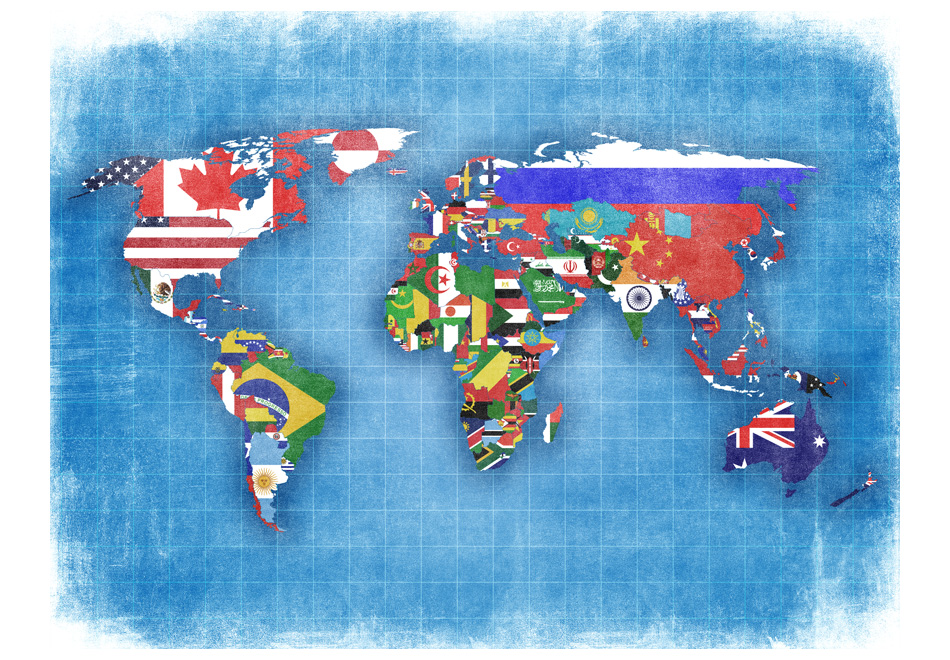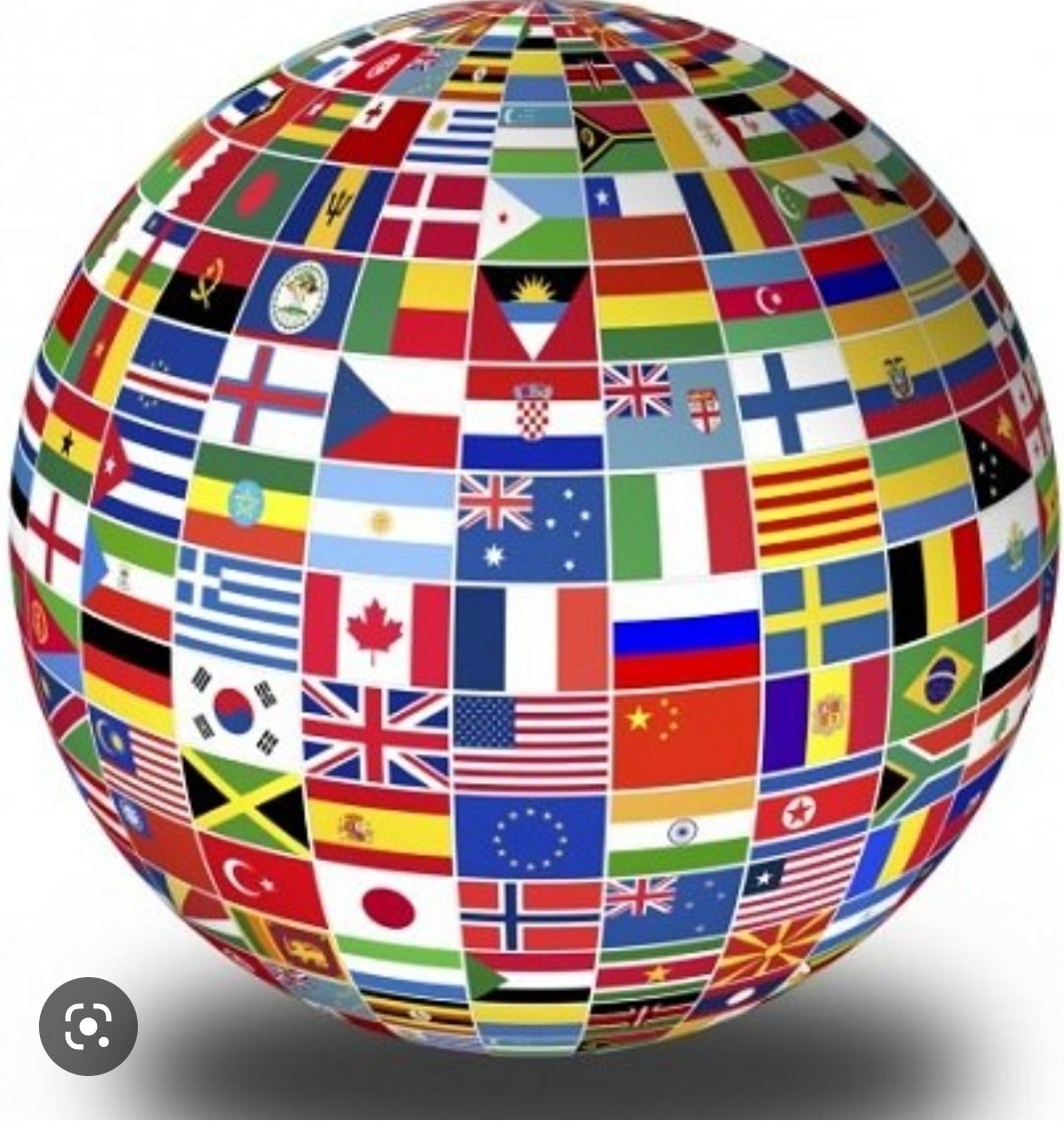Online translation technology https://lingvanex.com/translation/english-to-tagalog has the potential to play a crucial role in the preservation and revitalization of endangered languages. Endangered languages face the threat of extinction as they are no longer spoken or passed down through generations. Online translation offers a unique opportunity to document and revitalize these languages, allowing speakers to connect with their heritage and culture. In this article, we will explore how online translation can contribute to the preservation of endangered languages and the importance of this effort in maintaining linguistic diversity.
Documentation of Endangered Languages:
Online translation tools can be used to document endangered languages by translating texts, recordings, and other linguistic resources into more widely spoken languages. This process creates a digital archive of the endangered language, preserving it for future generations.
Increased Accessibility of Endangered Languages:
By providing translations of endangered language materials into more commonly used languages, online translation tools increase accessibility. People who do not speak the endangered language can still access and learn about its culture and traditions.
Support for Language Revitalization Efforts:
Online translation https://lingvanex.com/translation/english-to-hindi can support language revitalization efforts by providing learning resources and translated materials for language learners. This can facilitate language teaching and encourage the use of endangered languages in various contexts.
Facilitating Intergenerational Language Transfer:
With the help of online translation, older speakers of endangered languages can translate traditional stories, songs, and knowledge into more widely spoken languages. This allows younger generations, who may not be fluent in the endangered language, to understand and appreciate their cultural heritage.
Collaborative Language Documentation:
Online translation platforms can encourage collaboration between linguists, researchers, and native speakers in documenting endangered languages. Crowdsourced translation efforts can significantly contribute to the preservation of linguistic resources.
Cultural Exchange and Understanding:
Translating endangered language materials into more widely spoken languages fosters cultural exchange and understanding. It enables people from different linguistic backgrounds to appreciate the richness and diversity of endangered cultures.
Encouraging Language Use in Digital Spaces:
Online translation can motivate speakers of endangered languages to use their language in digital spaces, such as social media and online forums. This helps create a sense of community and encourages language use in contemporary contexts.
Empowering Endangered Language Speakers:
Having access to online translation tools empowers speakers of endangered languages to communicate with the broader world. It validates the importance of their language and culture, encouraging them to take pride in their linguistic heritage.
Complementary to Oral Tradition:
Online translation complements oral traditions by providing written records of endangered languages. This is especially valuable for languages with limited written resources.
Raising Awareness:
Using online translation to highlight the status of endangered languages and their importance in global linguistic diversity can raise awareness among policymakers, researchers, and the public. This awareness can lead to increased support for language preservation initiatives.:
The preservation of endangered languages is vital for maintaining global linguistic diversity and cultural heritage. Online translation technology offers a valuable tool to document, revitalize, and promote endangered languages, ensuring that they continue to thrive in the digital age. By supporting language documentation efforts, facilitating language transfer, and fostering cultural exchange, online translation can contribute significantly to the preservation of endangered languages and the celebration of linguistic diversity worldwide.

